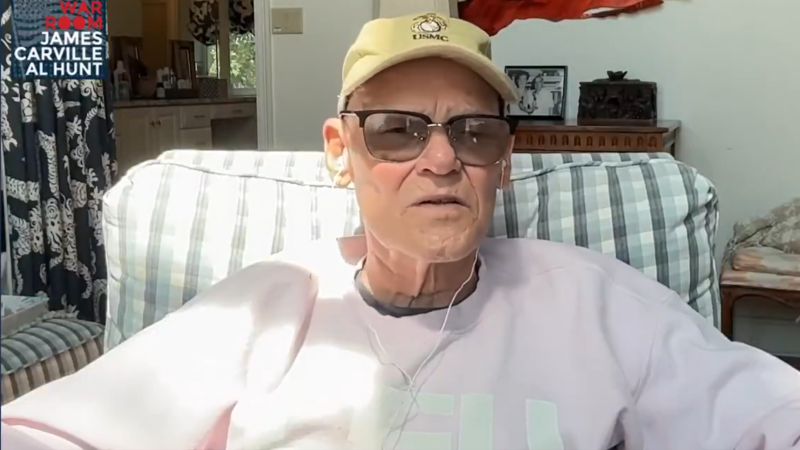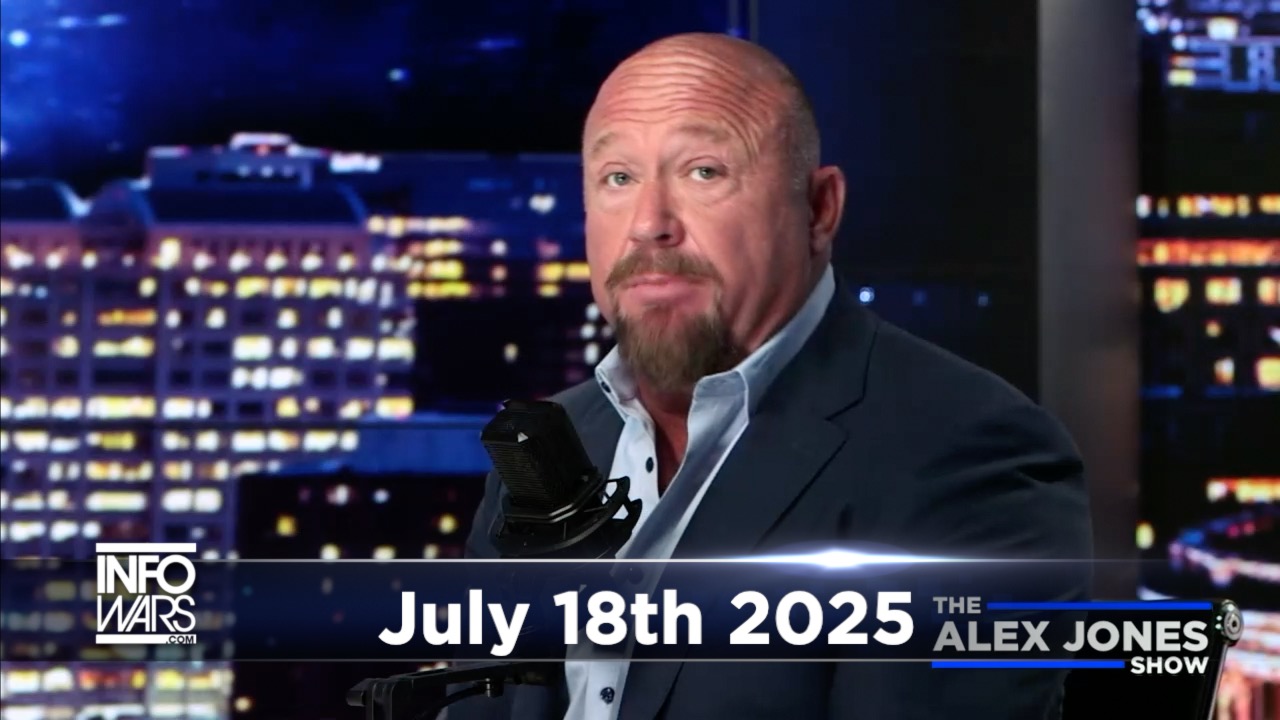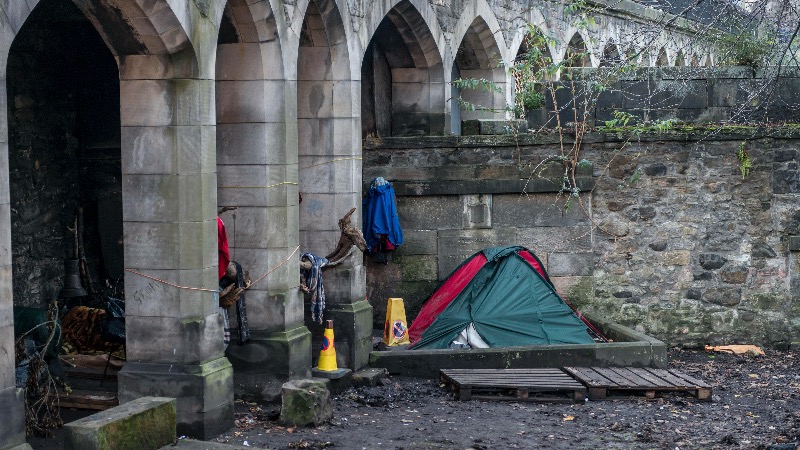 Image Credit: Moor Studio / Getty
Image Credit: Moor Studio / Getty California’s attempt to regulate political speech on major social media platforms has been blocked in federal court, with a judge ruling the state’s latest “deepfake” law clashes with protections already established by Congress.
Assembly Bill 2655 attempted to compel certain large platformsto track down and delete “materially deceptive content” about candidates, election officials, and officeholders.
Supporters described it as a safeguard against manipulated media. The companies targeted, including X and Rumble, argued it was an attempt to turn them into agents of government censorship.
Senior US District Judge John Mendez sided with the platforms and did not even need to reach the argument of constitutional free speech questions to strike down the measure.
He found the federal Communications Decency Act [CDA] already shields online services from punishment over third-party content.
“No parts of this statute are severable because the whole statute is preempted,” Mendez said in court. “No parts of A.B. 2655 can be salvaged.”
The ruling applies to the companies in the lawsuit, and his earlier order freezing enforcement of the law remains in effect statewide until he issues a formal opinion.
For Mendez, the law punished companies for doing something they are “clearly protected by [the CDA] from doing.”
The court also cast doubt on another state law, Assembly Bill 2839, which prohibits false or misleading digital communications aimed at election workers, officials, voting equipment, or candidates in the months leading up to an election. That measure is also on hold, and Mendez signaled he doubts it will survive judicial review.
“Anybody can sue,” he said. “I can sue. If I see the video, under this law, I can sue.” He warned that such a rule chills protected speech and noted the state had not shown it was using the least speech-restrictive approach possible.
When the state suggested creators could avoid legal trouble by labeling their work as satire, Mendez rejected the idea as compelled speech. “He’s going to be risk-averse,” the judge said of a creator. “He’s not going to do that; you’re chilling his First Amendment rights.”
“It’s become a censorship law, and there is no way that is going to survive,” Mendez also added.



